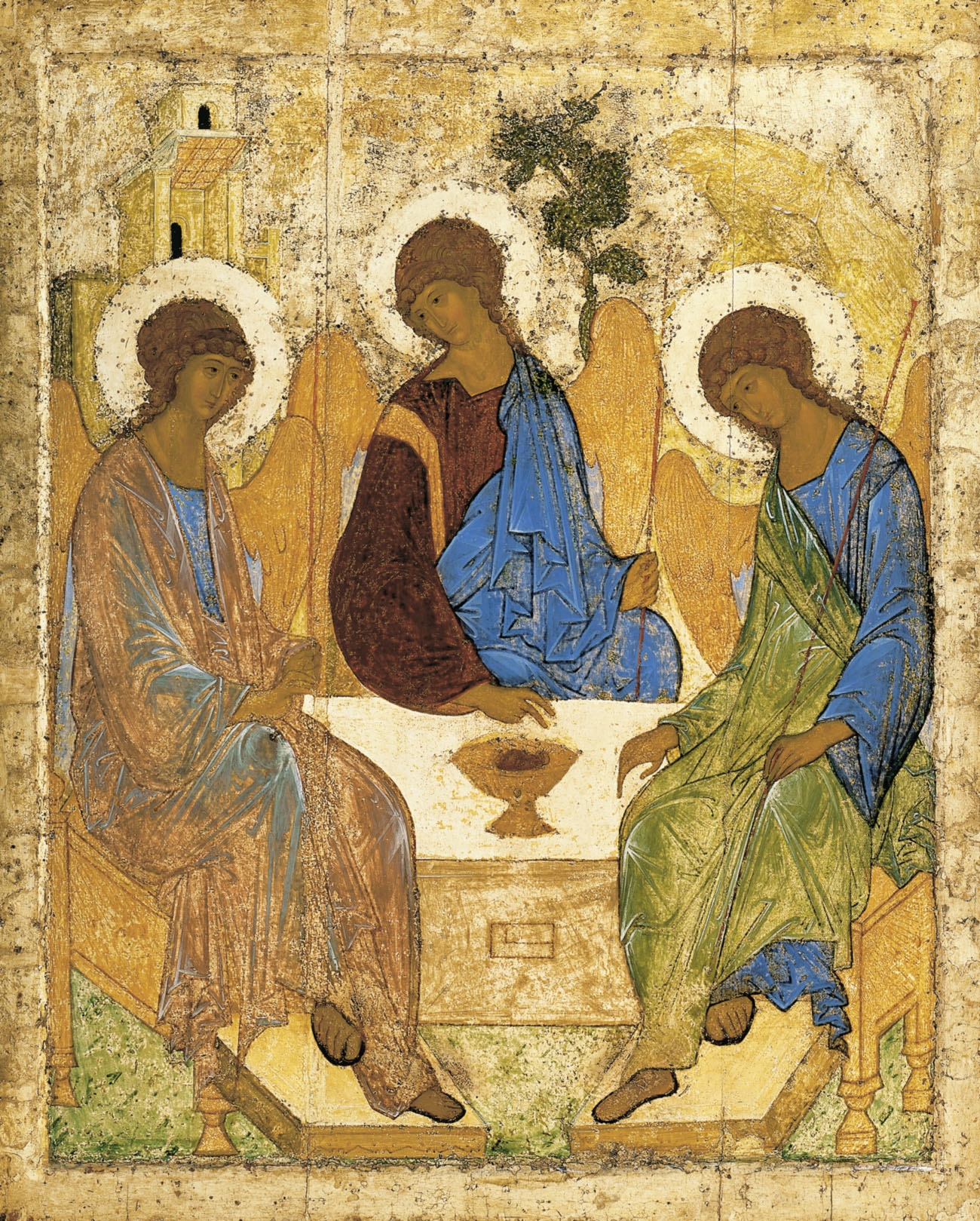This quote, attributed (probably falsely) to C. S. Lewis, is the best summary of American Evangelical Dualism I've found.
Yes, we are physical, but that's only temporary.
Yes, we have a physical existence, but that's our "mortal coil" which must eventually be shuffled off in order to find freedom.
Yes, we appear to be physical in nature, but that's the very residue of original sin, the simultaneous evidence and petri dish of depravity.
Yes, we have physical bodies, but we would be holier without them.
If you were raised in an American Evangelical church, these statements probably don't sound that absurd to you. To tell the truth, they still don't sound absurd (or even outrightly false) to me.
But they are false.
If they are true, God declared something good that was not (Gen 1:31).
If they are true, Jesus became sinful on account of being human (John 1:14).
If they are true, the apostles were irresponsible in their priorities (James 2:15-16).
If they are true, it's kind of an insult to refer to the Church as the Body (1 Cor 12:12-27).
And if you were raised in an American Evangelical church, I hope you know immediately that these things are absurd and outrightly false. They cannot be.
We deny, even adamantly reject, these obviously-heretical ideas. But we all the same embrace, even promote as essential truth, teachings that stand on the same logical basis.
We say that the desires of the body must be not only kept under control, but disregarded and discounted.
We say that the position of the body has no influence on the quality of our prayer.
We say that the shape of the body causes sin.
We say that the actions of the body are meaningless except when connected to deep, fervent, and above all pious affections.
I wish I could believe those things. They are nice and comfortable thoughts. They cut out the necessity to look at and understand a part of myself which, despite being the most immediately obvious to everyone around me, is still mysterious to me. They allow me to leave it a mystery because it is inherently bad, sinful, etc, and to engage with it would be to fraternize with the enemy.
Yes, my body is my enemy.
Imagine my shock when I realized that, not only do I have a body, I am embodied. And not only am I embodied, but I will be so for eternity... that is, if I believe that stuff about "the resurrection of the body and the life everlasting."
This is also when I realized that this makes me really uncomfortable. It is engrained in the way I see myself and the world to think that the physical and emotional is lesser, the spiritual and mental is greater.
I am one of the Secret Gnostics. Our heresy is so deeply hidden within ourselves that we ourselves don't see it.
But now I've seen it.
Can I even read all of those parts of the Bible that talk about "the flesh" as referring to anything other than my body, anymore? And what about all of those statements? Those things I've always believed about the desires of the body, the body and prayer, modesty, and the use of physical action? Thats 20+ years of thinking to re-think.
The hardest part is this: my body is a temple of the Holy Spirit.
And this means that I should not only be grudgingly reconciled to my physical nature, but joyful in it.
I was glad when they said to me,
“Let us go to the house of the LORD!” (Psalm 122:1)
We shall be satisfied with the goodness of your house,
the holiness of your temple! (Psalm 65:4)
I can no longer be a Gnostic, Secret or otherwise.


